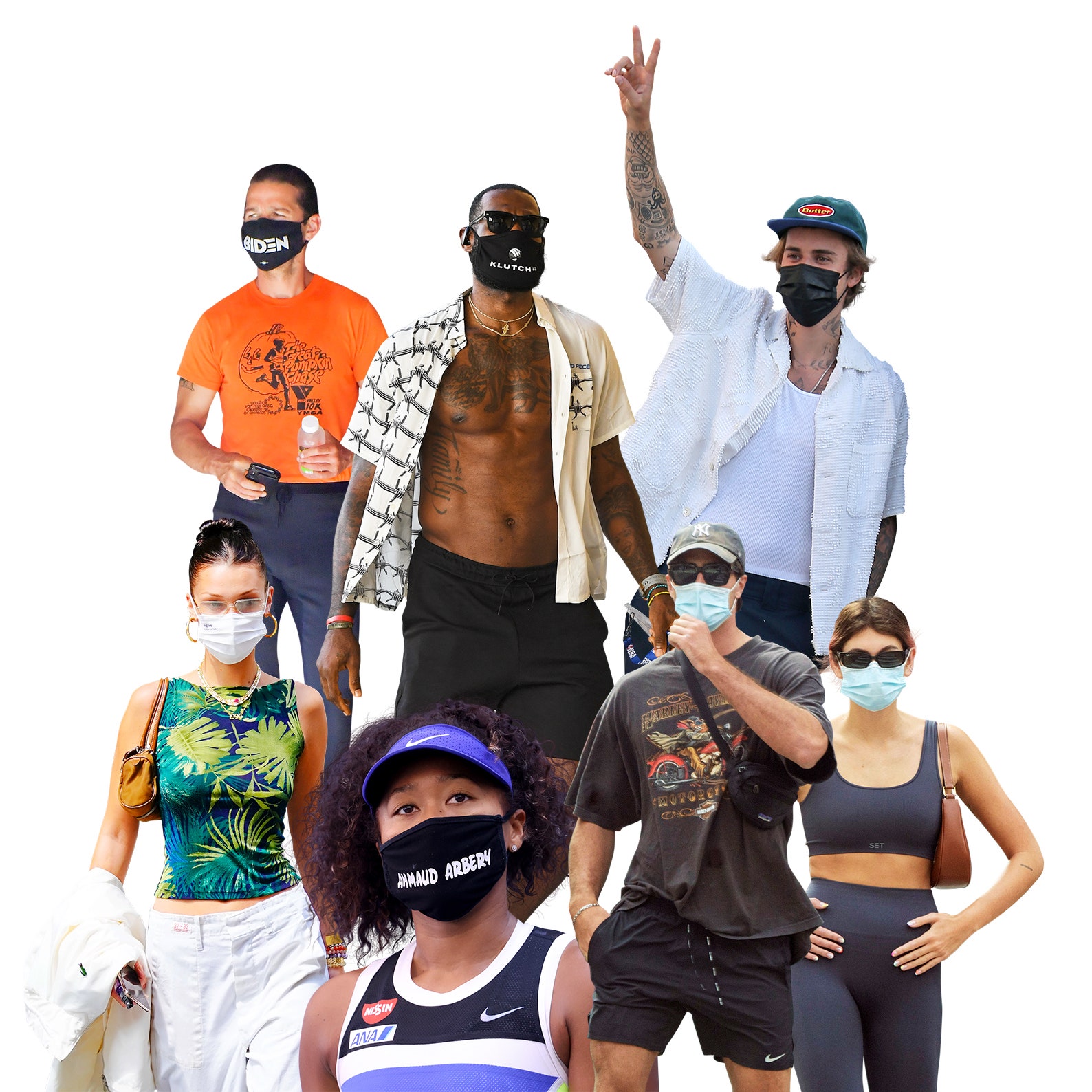Clemens rounded out the summer with a suite of new drops, including do-rags as well as belts and hats in new colorways—capping it off with a collaboration with Ugg. “I love
this bag and what it's done for us, what it means to people,” he says, “but I'm really looking forward to expanding.” For the past few years, as Clemens's star rose, Telfar's products (aside from the bags, ironically) remained hard to find. This year Clemens decided to change that. He's doubled down on direct-to-consumer, though he also says he had “the best retail season, kind of ever.”
In addition to a strong sales year, Clemens is enjoying his new position of influence. Still, he points out one of the contradictions in supporting Black designers only when there is more incentive to do so. “People should be really sensitive about what's going on right now,” he says. The spotlight is “a double-edged sword. It's still just as exploitative. It's exploiting your Blackness, exploiting your worth. Exploiting how people see you. Even us having this conversation—you know what the deal is.”
Clemens says he just feels accomplished after the year he's had—Paris, Pitti, the bags, the web store. “Fashion is so fast that nothing ever gets started before it happens,” he says. “Everybody's in a rush. I'm not in a fucking rush. I want to make some really good things and grow my business. What I've been asking the universe for is, like, can I just make clothes? Like, do I have to fucking be an artist to make clothes? Do I have to be like an influencer, or have a boyfriend? No. I can make fucking clothes and make them for myself and then give them to someone else. That's what I want to do.” —Rachel Tashjian
Accessory Of The Year: The Mask
Nothing in 2020 America has been as fraught and ubiquitous as the mask. Our new mask-clad way of life began slowly at first and then all at once. In the early days of the pandemic, amid conflicting messages from the CDC, we watched as everyone from emerging fashion designers to billionaires with private jets leapt into action to fill a mask shortage—a tricky proposition in the U.S., where most manufacturing has been outsourced overseas. Then, when it became all too clear that the best defense against the virus was a good, sturdy face covering, the humble bandana and the home-sewn mask became essential, even lifesaving, accessories—and, somehow, the most highly politicized thing you could wear in 2020.
Yet in spite of that polarization, it has become an accepted and mandatory piece of apparel. No shirt, no shoes, no mask, no service. And where there was once a mask shortage, there's now a surplus of choices. Runners can get performance masks from Asics or Adidas to match their shoes, and Uniqlo carries them in three-packs, like socks or underwear. Those who can't bear the mask-ness of masks can opt for a bandana or a scarf—Hermès being the status option. It isn't fashion, per se, but it could be. For every aesthete in Eckhaus Latta or Bode, there are a few in disposable surgical masks—not ideal for the environment, but better than no mask at all. Mask shopping is a whole new form of consumerism in which to indulge, and our faces are now subject to the kind of shape and size dysmorphia once reserved only for our bodies. My largish jaw keeps pulling my mask off my smallish nose—who knew?
Yes, it's political, and in more ways than one. When the 23-year-old tennis (and fashion) phenom Naomi Osaka won the U.S. Open in an empty Arthur Ashe Stadium this year, she wore a different mask every time she took to the court over the course of the tournament, each one bearing the name of one of the many Black American victims of police brutality, starting with Breonna Taylor in round one and ending with Tamir Rice for the finals. It was a powerful gesture, meant to raise awareness, Osaka said. It was also an indelible and redeeming moment for the mask, which by now—it's worth acknowledging—we are all totally sick of wearing. —Noah Johnson

